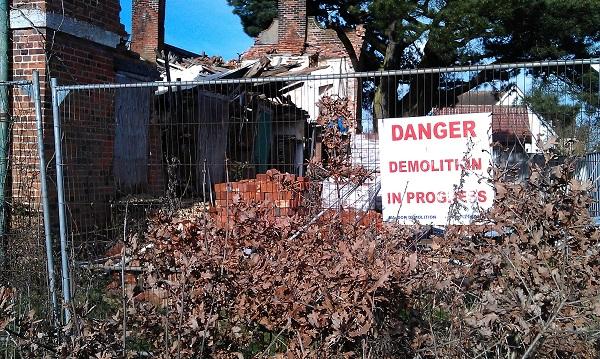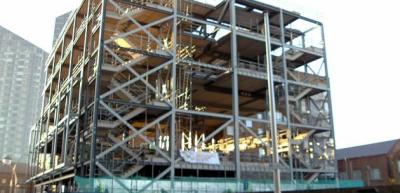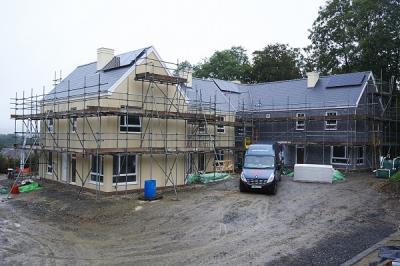How to get it right: Demolition
Demolition is something you may have to do from time to time. Although not generally considered ‘development’, planning permission may be required - so confirm with your client this is in place before starting any work.
There are two types of demolition - partial or complete removal. Partial demolition is trickier as you have to provide support to the remaining structure, which may include window strutting, floor props and shoring. And it may also involve a lot of elbow grease as powered equipment may be unsuitable.
You must inform your local authority in writing at least six weeks in advance of your intention to demolish (the building control department usually deals with demolitions). Utilities providers and adjacent or adjoining building owners must also be informed in advance, especially if party walls will be affected. Some buildings don’t require notification such as:
- Buildings under 1750 cubic feet
- Attached greenhouses, prefabricated garages, conservatories or sheds
- Detached agricultural buildings
Important considerations around demolition
- The local authority will specify pre-demolition requirements, which may include shoring, protection of adjacent buildings against damage, collapse or water damage, debris-disposal and safety measures.
- Carry out a detailed survey that should include the impact of removing parts of the structure and the effect of demolition on neighbouring properties. If in doubt, employ a structural engineer to assess the method of demolition.
- The Construction (Design and Management) Regulations (CDM) apply. This results in Health and Safety duties being transferred to the designer, contractor, and site workers. More information is available on the HSE website.
- You’ll need local authority approval for any alterations to listed buildings and those in conservation areas - and this may be limited to just partial demolition.
- Don’t scrimp - use an experienced contractor as demolition is skilled and potentially dangerous work.
- You may encounter asbestos - use a specialist contractor to remove it from site before demolition starts.
- Think about salvaging materials and components such as bricks, tiles, slates and timber as you could make a few extra quid!
For more information, contact your local authority building control team or take a look at BS 6187:2011 Code of practice for full and partial demolition.
Sign up to the building bulletin newsletter
Over 48,000 construction professionals have already signed up for the LABC Building Bulletin.
Join them and receive useful tips, practical technical information and industry news by email once every 6 weeks.
Subscribe to the Building Bulletin




Comments
Add new comment